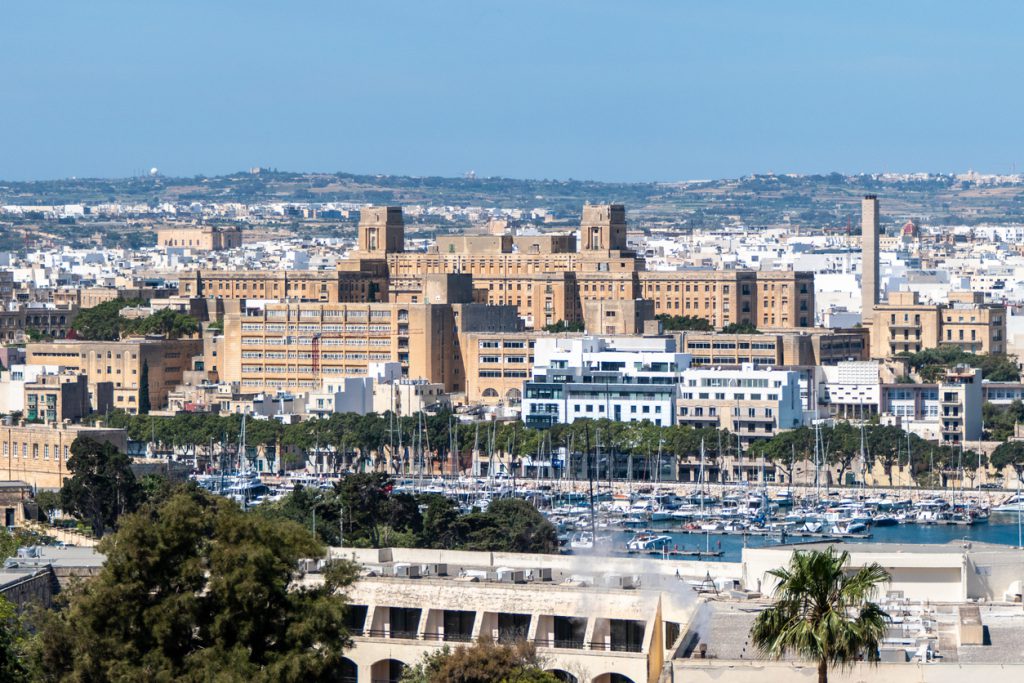A healthcare infrastructure in dire straits

Years of neglect, misguided decisions, and failed promises have left our nation’s healthcare infrastructure in a dire state. The disastrous concession agreement signed with Vitals Global Healthcare (VGH) stands as a glaring example of what happens when critical public services are handed over to unqualified entities. From the very beginning, VGH lacked the requisite experience in healthcare and hospital management, a red flag that was consistently ignored by those in power.
Time and again, VGH missed crucial milestones. Yet, instead of taking corrective action, the government of the day turned a blind eye, allowing the deal to persist despite clear evidence of failure. When the concessionaire eventually changed, the promised improvements still failed to materialize. What was supposed to be the “real deal” became a protracted saga of unfulfilled promises and squandered opportunities.
The judicial system has since exposed the rot at the core of this agreement. Last year, the court annulled the concession, describing the deal as fraudulent, a judgement upheld by the Court of Appeal, which highlighted collusion. The latter had also been flagging by the National Audit Office. Serious criminal charges have been brought against several individuals, including past and present politicians. While the courts will determine guilt or innocence, one fact is irrefutable: the people have borne the brunt of this fiasco.
St Luke’s Hospital has been left abandoned, its potential wasted. Mater Dei Hospital, struggling to meet the demands of a growing population, has resorted to makeshift wards. The promised expansion of Gozo General Hospital never materialised. The result? Patients endure extended waiting lists, overcrowded corridors, and insufficient equipment—all consequences of a health system stretched to its breaking point.
This catastrophic delay in healthcare investment is a direct result of the original, ill-conceived agreement. Had the government initially partnered with a competent private sector entity, we might have avoided the current scramble to address urgent infrastructure needs. The recent masterplan for Gozo Hospital and the proposed 600 additional beds at Mater Dei, involving the revamping of St Luke’s and utilizing a building in Swatar for administrative purposes, raise question on the need behind this concession. What was the use of roping in Vitals, if eventually government end up having to embark on such massive investment on its own? Had such steps been taken a decade ago, the bill would have been cheaper and the people would have started benefitting from this new facilities.
In retrospect, it is clear that those who signed, backed, and defended the hospitals agreement bear responsibility for this debacle. The healthcare needs of the nation have been sacrificed on the altar of incompetence and possibly corruption. It is the patients who have suffered, waiting in long queues for basic services and enduring substandard conditions. At the time of writing patients are being told to fork out money to buy expensive medicines which are not on the government list of free medicines. How shall we explain to these patients they need to pay hundreds of euros from their modest income when at the same time we waster €400 million on this concession?
As we move forward, it is imperative that future investments in our healthcare system are guided by competence, transparency, and accountability.
